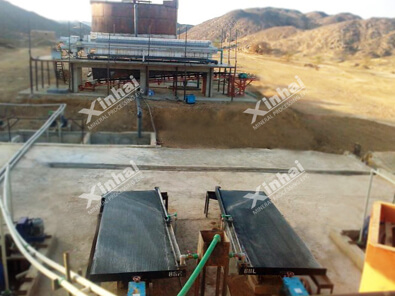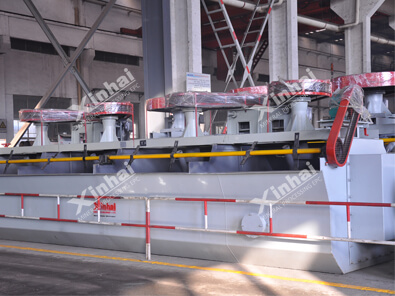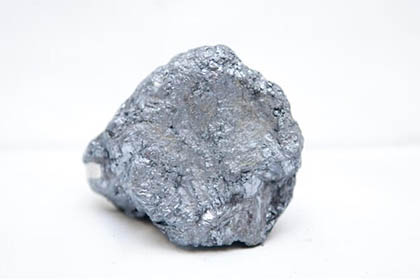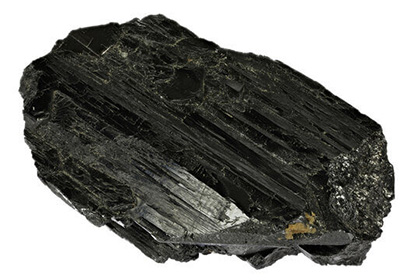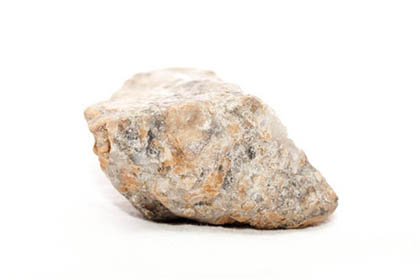Top 5 Methods to Extract Chrome Ore
 Laura
Laura
 Nov 28, 2024
Nov 28, 2024
 662
662
If you want to know more details about equipment, solutions, etc, please click the button below for free consultation, or leave your requirements!
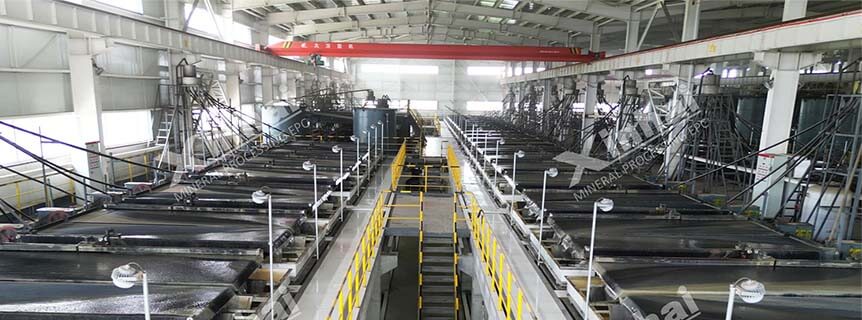
( The shaking table is operating at the mineral processing site )
Chrome ore, primarily composed of chromium oxide (Cr2O3), is a critical mineral used in various industries, including metallurgy, manufacturing, and chemical production. The growing demand for chromium in stainless steel production and other applications has made the extraction of chrome ore increasingly important. This article will explore the top five methods to extract chrome ore, detailing their processes, advantages, disadvantages, and best practices.
01Understanding Chrome Ore
Back1. What is Chrome Ore?
Chrome ore refers to the mineral chromite, which is the only commercial source of chromium. Chromite is typically found in ultramafic rocks and is extracted through various mining techniques. The extracted ore is then processed to produce ferrochrome, an essential alloy used in stainless steel production.
2. Importance of Chrome Ore Extraction
The extraction of chrome ore is vital for several reasons:
Industrial Demand: Chrome is a key component in the production of stainless steel and other alloys, which are essential for construction, automotive, and aerospace industries.
Economic Value: The chrome ore market has significant economic implications, with countries rich in chromite reserves benefiting from exports and local processing.
Technological Advancements: Innovations in extraction and processing methods can lead to more efficient and environmentally friendly practices.
02Method 1: Open-Pit Mining
Back1. Description
Open-pit mining is a surface mining technique where ore is extracted from a large, open excavation. This method is often used for deposits located near the surface, making it one of the most common methods for extracting chrome ore.
2. Process
Site Preparation: The area is cleared of vegetation and topsoil.
Excavation: Heavy machinery, such as excavators and bulldozers, is used to remove overburden and access the chrome ore.
Hauling: The extracted ore is transported to processing facilities using trucks or conveyor belts.
Reclamation: Once mining is complete, the site is rehabilitated to restore the landscape.
3. Advantages
Cost-Effective: Open-pit mining typically has lower operating costs compared to underground mining.
High Production Rates: This method allows for the extraction of large volumes of ore quickly.
Safety: Open-pit mining is generally safer than underground methods, as workers are less exposed to hazardous conditions.
4. Disadvantages
Environmental Impact: The method can lead to significant landscape alteration and ecological disruption.
Limited Depth: Open-pit mining is not feasible for deep ore deposits.
03Method 2: Underground Mining
Back1. Description
Underground mining involves extracting ore from below the surface, typically when deposits are too deep for open-pit mining. This method is more complex and requires specialized equipment and techniques.
2. Process
Accessing the Ore Body: Shafts or declines are created to access the ore.
Drilling and Blasting: Holes are drilled into the ore body, filled with explosives, and detonated to break the rock.
Ore Extraction: The broken ore is transported to the surface using skips or conveyors.
Support Systems: Ground support systems, such as rock bolts and mesh, are installed to ensure worker safety and structural integrity.
3. Advantages
Access to Deeper Deposits: Underground mining allows for the extraction of ore that is not accessible through open-pit methods.
Reduced Surface Impact: This method minimizes the disturbance of the surface environment.
4. Disadvantages
Higher Costs: Underground mining is typically more expensive due to the need for specialized equipment and safety measures.
Safety Risks: Workers face increased risks, including cave-ins, poor air quality, and limited access to emergency exits.
04Method 3: Alluvial Mining
Back1. Description
Alluvial mining is a technique used to extract minerals from riverbeds or stream beds. This method is particularly effective for chrome ore found in placer deposits, where the ore has been transported by water.
2. Process
Site Selection: Areas with known alluvial deposits are identified.
Excavation: Sediment is dug from the riverbed or floodplain.
Processing: The excavated material is processed using gravity separation methods, such as jigs or sluices, to isolate chrome ore.
Reclamation: The area is restored post-mining to minimize environmental impact.
3. Advantages
Low Capital Investment: Alluvial mining often requires less investment in equipment compared to other methods.
Environmental Restoration: The method can be less disruptive to the environment if managed properly.
4. Disadvantages
Variable Yields: The success of alluvial mining can be unpredictable, depending on water flow and sediment composition.
Limited to Specific Locations: This method is only applicable in regions with suitable river or stream beds.
05Method 4: Froth Flotation
Back4. Description
Froth flotation is a separation process used to concentrate valuable minerals, including chrome ore, from gangue. This method is often used in conjunction with other extraction techniques.
2. Process
Preparation of Slurry: The ore is crushed and ground to create a slurry.
Reagent Addition: Chemicals (collectors and frothers) are added to the slurry to enhance the hydrophobic properties of chrome ore.
Air Injection: Air is bubbled through the slurry, creating froth that carries the hydrophobic minerals to the surface.
Froth Collection: The froth containing the concentrated ore is skimmed off for further processing.
3. Advantages
High Recovery Rates: Froth flotation can achieve high levels of mineral recovery, making it an effective concentration method.
Versatility: This method can be adapted for various types of ore.
4. Disadvantages
Chemical Use: The process requires the use of chemicals, which can pose environmental risks if not managed properly.
Operational Complexity: Froth flotation systems can be complex and require skilled operators.
06Method 5: Magnetic Separation
Back1. Description
Magnetic separation is a method used to separate magnetic materials from non-magnetic materials. In the context of chrome ore extraction, this method is employed to separate chromite from gangue based on magnetic properties.
2. Process
Crushing and Grinding: The ore is crushed and ground to liberate chromite particles.
Magnetic Separation: The ground ore is passed through a magnetic separator, which attracts magnetic particles.
Collection: The magnetic chromite is collected, while non-magnetic materials are discarded.
3. Advantages
Efficiency: Magnetic separation can effectively concentrate chrome ore with minimal energy consumption.
Low Environmental Impact: This method does not require chemicals, reducing the risk of environmental contamination.
4. Disadvantages
Limited Application: Magnetic separation is most effective for ores with significant magnetic differences, which may not be present in all deposits.
Requires Prior Processing: The ore must be crushed and ground, adding to operational costs.
07Conclusion
BackThe extraction of chrome ore is a critical process for meeting the growing demand for chromium in various industries. Understanding the top methods for extracting chrome ore—open-pit mining, underground mining, alluvial mining, froth flotation, and magnetic separation—enables operators to choose the most suitable technique based on their specific circumstances and resource availability.
Each method presents its own advantages and disadvantages, and the choice of extraction technique will depend on factors such as the depth of the ore deposit, environmental considerations, operational costs, and safety concerns. By optimizing these processes and implementing best practices, mining operations can enhance their efficiency, reduce environmental impact, and contribute to the sustainable production of chrome ore.
As the demand for chromium continues to rise, staying informed about advancements in extraction technology and methods will be crucial for operators looking to remain competitive in this dynamic market.
Contact us and learn more about Methods to Extract Chrome Ore!
 +86 18716000713
+86 18716000713 xlyin@xinhaimining.net
xlyin@xinhaimining.net



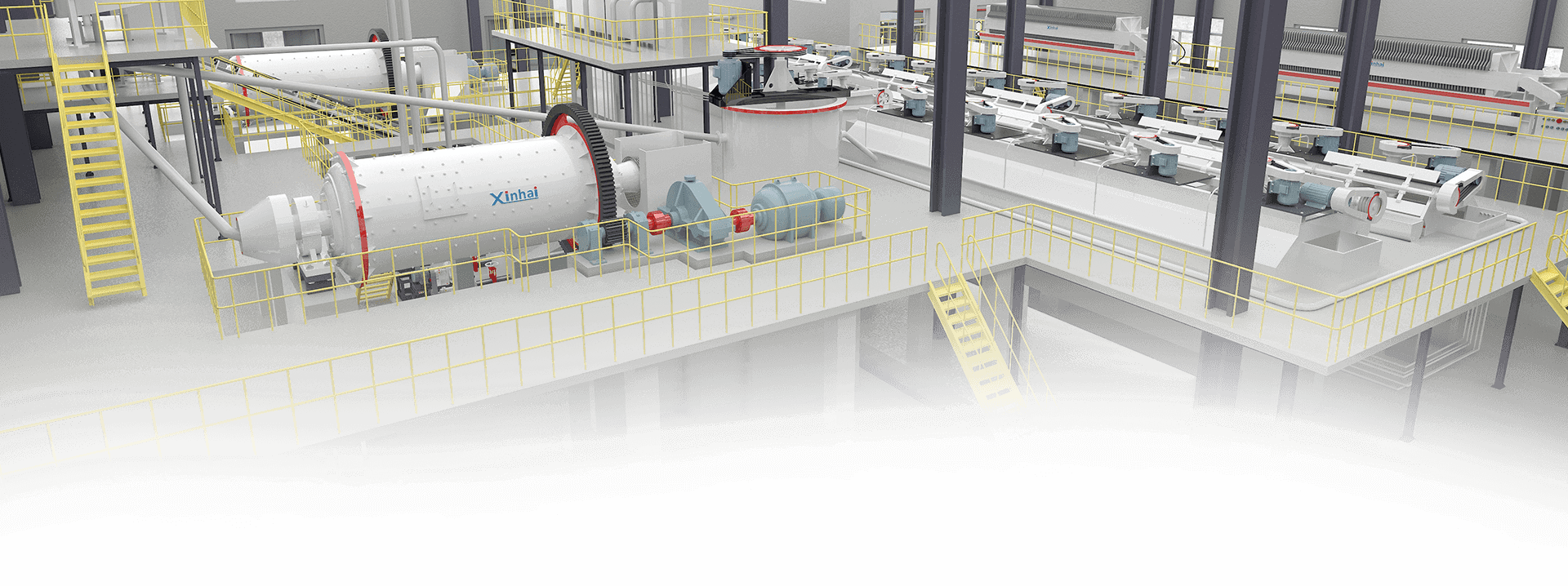
 Message
Message Chat Now
Chat Now



